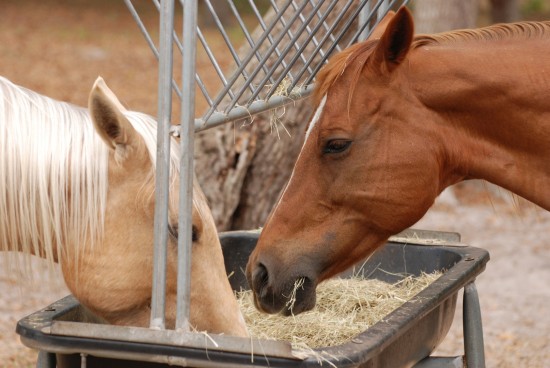
We have all heard the sad stories of a family with kids getting a new dog, only to have to give him away within a few months to a year because the animal cannot get along with your child or vice versa. Both dogs and kids can connect with one another in a positive way, but there are things that you should do in order to increase the success of their relationship, according to Nancy Settecasi in an article titled “How to Safely Approach Dog-Child Interaction.”
Teaching Your Children the Proper Way to Play with Dogs
Children for the most part inherently love to cuddle and play with their dogs, but depending on the breed that you have, this can be very hard to tolerate for the dog. Your animal will more than likely need time to connect with your child before he can feel comfortable hugging and cuddling.
Important things that you need to stress with your child include:
• Not hugging or petting the dog while he is eating
• Not yelling or screaming into the dog’s ears or face
• Not pulling the dogs tails or ears, or petting him roughly
• They should never run towards a dog, or even run in circles around a dog, as this can be infuriating for the animal.
• They should always let the dog sniff their hands prior to petting them, until a strong relationship has formed.
• A new dog to the family should only be played with by the child when the parents are around to supervise.
• Children should never feed the dog table food.
These lessons can help your child to interact safely with your dog. In order to avoid problems with your dog, there are also behaviors that you can encourage in the animal and ways that you can train him to help curb any aggressive actions, including:
• Enroll your dog in obedience training as soon as possible, as this will help immensely in establishing a strong relationship with you and your dog. He will then trust you and in turn trust your children.
• Socialize your dog with other dogs and people by taking him on walks and to the dog park.
• Have your dog spayed or neutered in order to cut down on hormones that lead to aggression.
Encouraging positive and loving behavior in your children and your dog can help them to form a strong, lasting bond.
 The Magnificent Iridescent Horse Called The Akhal-teke
The Magnificent I
The Magnificent Iridescent Horse Called The Akhal-teke
The Magnificent I
 The Sphynx Cat - A Cat With No Coat
The Sphynx Cat -
The Sphynx Cat - A Cat With No Coat
The Sphynx Cat -
 How To Recognise And Deal With Choke In Horses
How To Recognise
How To Recognise And Deal With Choke In Horses
How To Recognise
 Tips on Taking Care of a Sick Dog
Tips on Taking Care of a Sick Dog
Folks regula
Tips on Taking Care of a Sick Dog
Tips on Taking Care of a Sick Dog
Folks regula
 Cats, Hot Weather And Heatstroke
Cats, Hot Weather
Cats, Hot Weather And Heatstroke
Cats, Hot Weather
Copyright © 2005-2016 Pet Information All Rights Reserved
Contact us: www162date@outlook.com